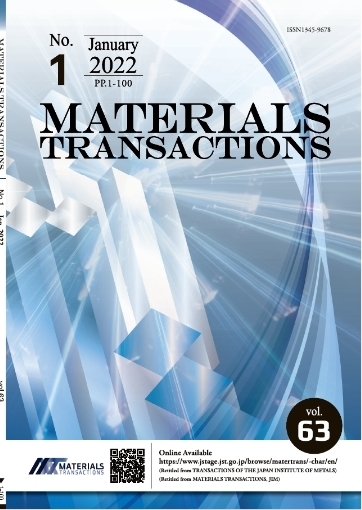Theoretical Formation Energy of Oxygen-Vacancies in Oxides
Isao Tanaka, Fumiyasu Oba, Kazuyoshi Tatsumi, Masahiro Kunisu, Masanobu Nakano, Hirohiko Adachi
pp. 1426-1429
Abstract
Formation energies of neutral and charged oxygen vacancies in MgO, ZnO, Al2O3, In2O3 and SnO2 have been calculated by a first principles plane-wave pseudopotential method. Two kinds of polymorphs, i.e., an ordinary phase and a high-pressure or an hypothetical negative pressure phase, have been chosen in order to see the effects of crystal structure. Supercells composed of 54 to 96 atoms were employed, and structural relaxation around the vacancy within second nearest neighbor distances was taken into account. Defect levels were obtained from the difference in total energies of the neutral and charged supercells that contain a vacancy. Ionization energies of the vacancy were calculated as the difference in the bottom of the conduction band and the defect levels. They are found to be proportional to band-gaps with a factor of approximately 0.5, which are prohibitively large for the n-type conduction.










